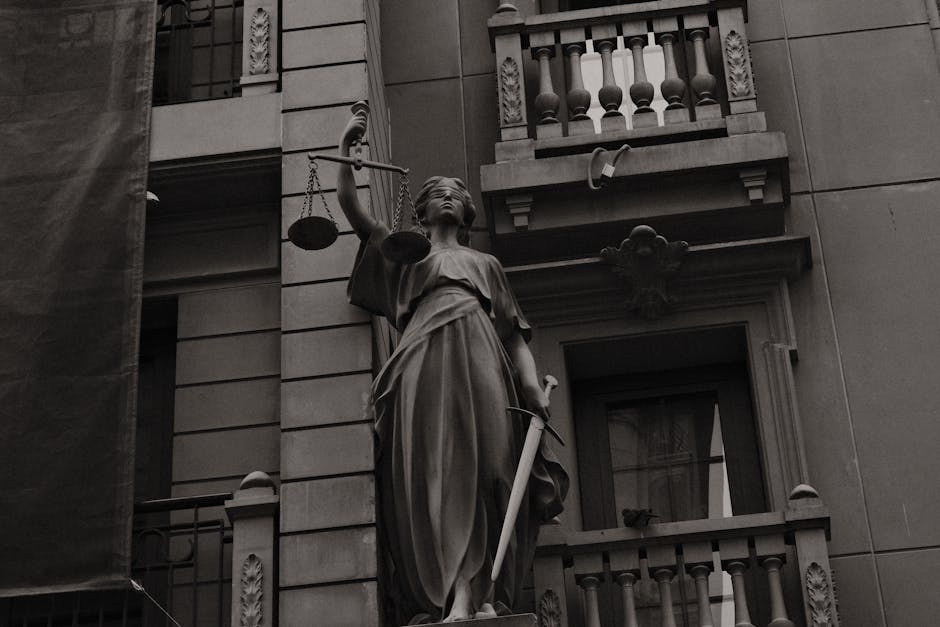Law, at its core, is a delicate dance. It strives to uphold individual liberties while simultaneously addressing the collective needs of a society. This intricate balancing act, often fraught with ethical dilemmas and practical challenges, forms the bedrock of a functioning legal system. Examining this balancing act requires understanding the competing pressures, the philosophical underpinnings, and the practical applications within various legal spheres.
A central tension inherent in any legal system is the inherent conflict between individual autonomy and communal well-being. Individual rights, be they freedoms of speech, religion, or assembly, are fundamental pillars of a just society. These liberties allow for personal expression, creativity, and the pursuit of happiness, fostering a vibrant and diverse citizenry. Conversely, societal needs encompass a range of considerations, from public safety to economic stability. A society grappling with issues like crime, economic inequality, or environmental degradation necessitates collective action and potentially the curtailment of certain individual freedoms in the interest of the collective good.
This interplay is further complicated by diverse cultural values and philosophical perspectives. Some societies emphasize individual liberty more prominently, prioritizing personal autonomy over collective responsibility. Others prioritize the collective, viewing the individual’s rights as subservient to societal needs. This difference in emphasis shapes the legal frameworks, influencing everything from property rights to criminal justice. A nation prioritizing individual freedom might have a more lenient approach to minor infractions, while one focusing on societal harmony may have stricter regulations concerning public order.
A critical facet of this balancing act lies in the legal frameworks designed to manage this tension. These frameworks typically rely on a combination of principles, protections, and limitations. Constitutions often serve as foundational documents, outlining fundamental rights and providing a mechanism for safeguarding them. Moreover, specific legal provisions within civil codes, criminal statutes, and administrative regulations shape the boundaries between individual actions and the collective good. These regulations provide the legal underpinnings that facilitate navigating these complexities.
Consider, for instance, the tension between freedom of speech and public safety. A society must protect its citizens from incitement to violence, hate speech, and defamation. This often leads to laws and legal precedent which, while preserving the right to speak, place limitations on this right in specific circumstances. Freedom of speech, a cornerstone of democracy, isn’t absolute. The courts, acting as arbiters, must carefully delineate the boundaries, determining where the need for societal protection outweighs the value of unfettered expression.
The judicial branch, with its role in interpreting and applying the law, plays a crucial part in mediating this conflict. Courts constantly grapple with balancing individual rights against societal needs, often making difficult decisions with potentially far-reaching consequences. Cases involving privacy versus national security, or free speech versus hate speech, showcase the complexities of this task. Judgments rendered by these bodies often involve careful consideration of existing legal frameworks, historical precedents, and the potential impact on various stakeholders.
Another critical element involves the principle of proportionality. Regulations, restrictions, or penalties imposed on individuals must be proportionate to the societal need they aim to address. Unnecessary or excessive restrictions on individual rights undermine the fundamental values a just society strives for. This necessitates a careful evaluation of the impact of legislation, ensuring that the degree of intervention aligns with the severity of the problem it seeks to address.
Furthermore, the concept of due process is paramount in ensuring fairness and mitigating potential abuses of power. Fair procedures and protections for individuals accused of violating societal norms are essential components of a just legal system. Protecting against arbitrary actions by the government is crucial to maintain a balance between controlling unlawful behaviors and ensuring an individual’s rights.
The legal field is constantly evolving, reflecting societal changes and emerging challenges. The rise of technologies, for example, has presented fresh dilemmas concerning individual privacy, intellectual property, and the use of artificial intelligence. These advancements demand a proactive approach in lawmaking and legal interpretation to maintain a balance between innovation and societal needs. The courts need to address these issues to provide adequate legal guidance in a rapidly evolving world.
In conclusion, the legal system’s task is not merely to identify and codify rules but to create a dynamic framework for navigating the inherent tensions between individual rights and societal needs. It’s a constant negotiation, demanding careful consideration of diverse values, historical contexts, and emerging challenges. This balancing act requires adaptability, discernment, and a commitment to fairness, ensuring that the legal system serves both individual liberties and the collective well-being of society. The challenges will persist, but through an unwavering dedication to justice and an understanding of the inherent tensions, a robust legal system can ensure that individual rights and societal needs are not mutually exclusive, but rather, complementary components of a harmonious and thriving society.
